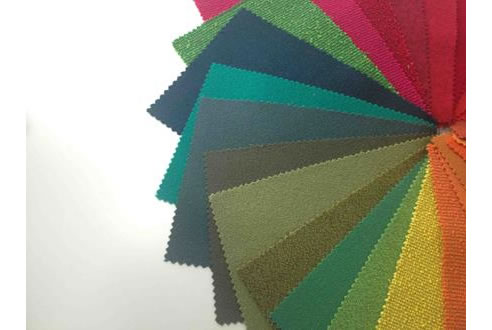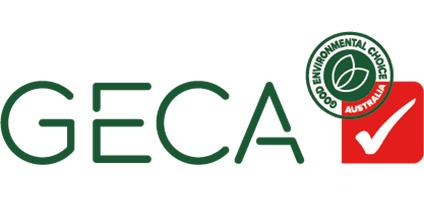GECA Releases New Textiles and Leather Standard GECA has released a new, updated standard for Textiles and Leather, addressing the environmental, health and social issues associated with textile products, including clothing and soft furnishings. "Recently there have been concerns regarding a number of issues for textiles products including the use of carcinogenic dyes, and labour practices in developing countries," said GECA CEO Rupert Posner. "This new standard enables manufacturers to provide confidence to their customers that these issues have been addressed and that their products are environmentally and socially preferable. "Through our third-party certification program companies can demonstrate that their products meet robust criteria for reduced environmental and human health impacts and that workers involved in making the product have received fair pay and safe working conditions. It enables consumers to make better informed decision." The standard considers impacts over the life cycle of textile products, including material sourcing, manufacture, packaging and use. It addresses specific issues such as pesticide use, hazardous dyes, illegal wood harvesting, and workers' rights. GECA wishes to thank everyone who provided feedback or contributed to developing this new standard. Read more. What you should know about: Textiles What does it mean for a textile to be environmentally and socially preferable - as well as safer for your health? Textile products can have negative impacts on the environment and human health. These can occur across the product's life cycle. They may include the use of biocides in agricultural practices, substances used in manufacturing which can harm waterways, hazardous materials which cause skin irritation during wear, or poor working conditions for textile manufacturers. Clothing dyes have been in the media recently, with mass recalls of jeans containing dyes linked to cancer. Some dyes (such as azo dyes) and dye byproducts have been classified as skin sensitisers, carcinogenic, mutagenic or reproductive toxins. While some dyes may not be linked to cancer themselves, they can break down into more harmful byproducts during use. GECA's standard places limits, restrictions and bans on certain dyes. Textiles should be ethically made, too. With the increased awareness surrounding the poor working conditions of many textile workers, more people are demanding to know where their textiles originated. GECA certified textile manufacturers must show awareness and/or compliance with International Labour Organisation (ILO) Conventions for no forced labour or exploitation, and manufacturers need to ensure their employees have safe working conditions, fair pay and equal opportunities. Read more.
|
(02) 9699 2850
|


 Water Best Practices - Direction in the
Water Best Practices - Direction in the How to Specify Sustainable Steel with
How to Specify Sustainable Steel with Manufacture of Recycled Products
Manufacture of Recycled Products Green Building with New Green Star
Green Building with New Green Star Recycling Material Innovations & Trends
Recycling Material Innovations & Trends New Draft Credits Against Green Star
New Draft Credits Against Green Star Australian Waste & Recycling Expo
Australian Waste & Recycling Expo Buying Certified Adhesives, Fillers, and
Buying Certified Adhesives, Fillers, and GECA Certified Commercial Furniture -
GECA Certified Commercial Furniture - Sustainable House at the Eco-Living Expo
Sustainable House at the Eco-Living Expo Banksia Sustainability Awards and GECA
Banksia Sustainability Awards and GECA Sustainable Products and Materials News
Sustainable Products and Materials News GECA Releases New Refrigerants Standard
GECA Releases New Refrigerants Standard GECA Releases New Paper and Recycled
GECA Releases New Paper and Recycled Strategy and Innovation Directors and
Strategy and Innovation Directors and International Recognition for GECA
International Recognition for GECA Good Environmental Choice Australia News
Good Environmental Choice Australia News Paper & Recycled Products Standards
Paper & Recycled Products Standards Banksia Sustainability Awards Product
Banksia Sustainability Awards Product James Hardie Achieves GECA Certification
James Hardie Achieves GECA Certification
